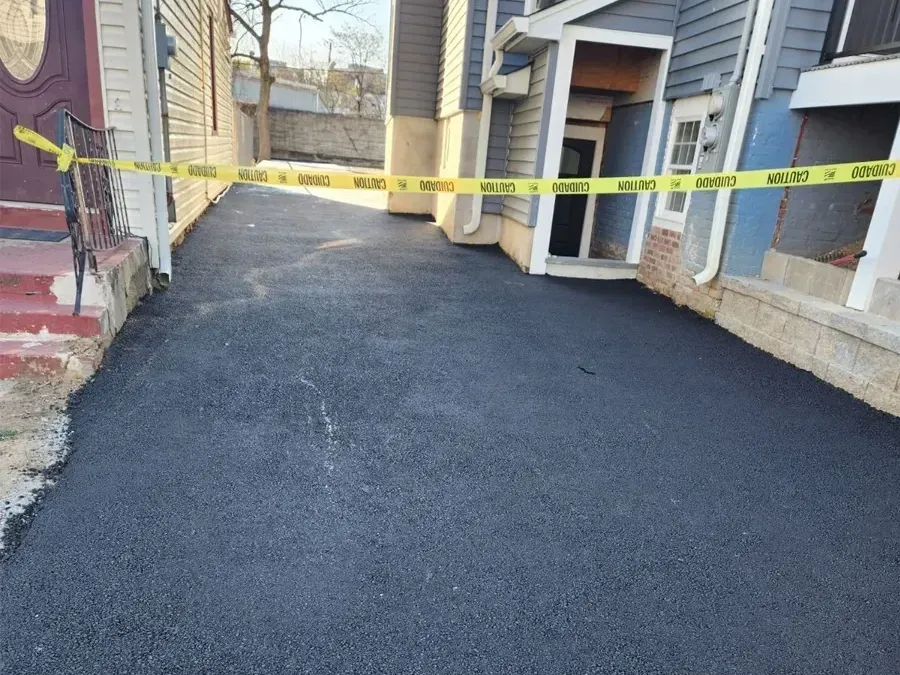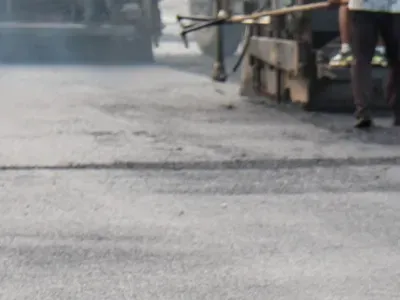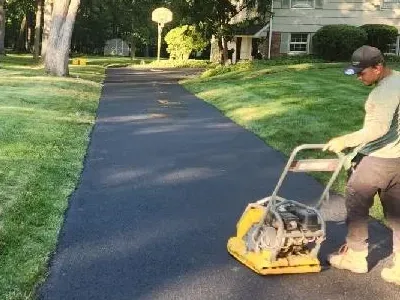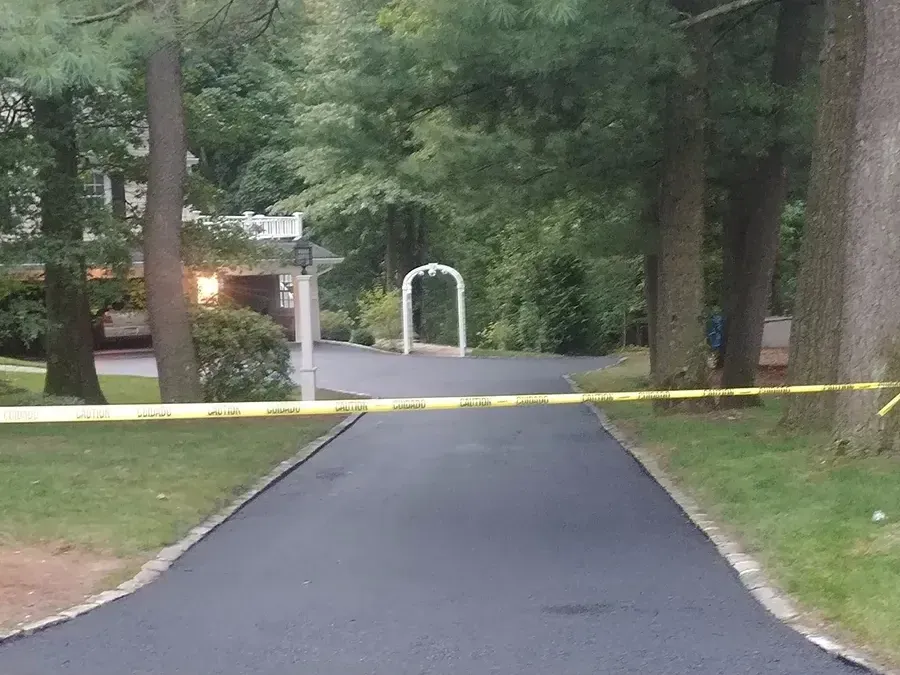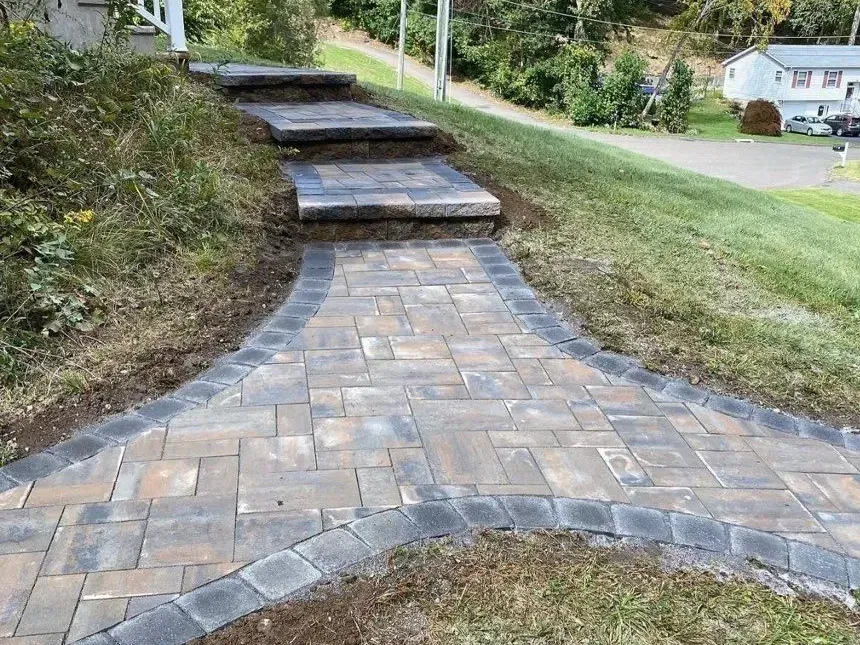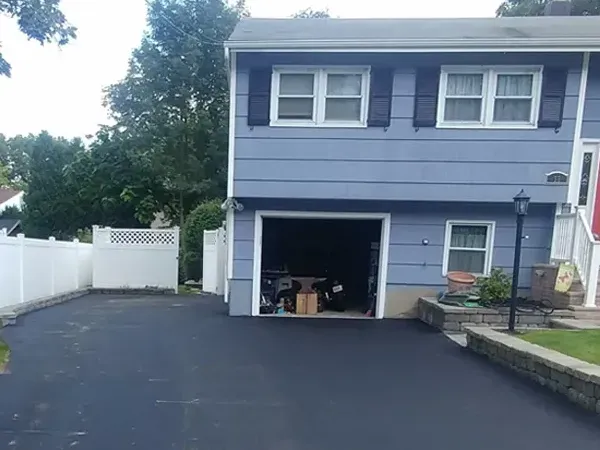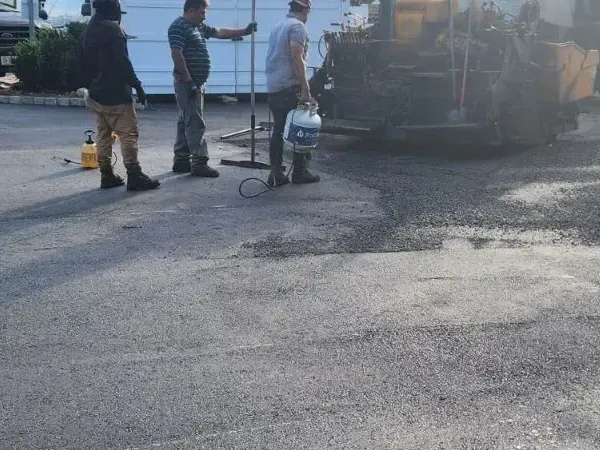Blacktop Paving in New Jersey
Blacktop paving, also referred to as asphalt paving, is everywhere around us, like on roads, driveways, and parking lots. It's popular because it's strong, affordable, and can be used in many different ways. Let's learn more about what blacktop is made of, what it's good for, how to take care of it, and how it's different from regular asphalt. The terms asphalt and blacktop are often used interchangeably, but there are subtle differences.
What's in Blacktop
Blacktop is mainly made of three things: rocks, a sticky substance called binder, and fillers. The rocks (like crushed stone or gravel) give it strength. The binder, often made from bitumen, holds the rocks together like glue. Fillers, like fine sand, help make the mixture smooth and workable.
Blacktop vs. Asphalt
People use "blacktop" and "asphalt" to mean the same thing, but technically, blacktop has more bitumen in it, so it looks darker and smoother.
What Makes Blacktop Great
Blacktop is smooth, can handle heavy things without breaking, lasts a long time, and doesn't wear out easily from weather or use. That's why we use it for roads, driveways, and even places like tennis courts and playgrounds.
Where We Use Blacktop
You'll find blacktop everywhere, from big highways to small driveways and parking lots. It's versatile, so we can adjust it for different needs, like how much traffic it will get or what the weather is like.
Saving Money with Blacktop
Using blacktop can save you money because it's cheaper to put down than other materials like concrete or pavers. It's also faster to work with, which means less money spent on the cost of labor. Plus, since it lasts a long time and needs fewer repairs, it's cost-effective in the long run.
Blacktop Durability in New Jersey
New Jersey's climate poses unique challenges for pavement durability, including temperature fluctuations, moisture exposure, freeze-thaw cycles, and heavy car and truck traffic. Blacktop paving is well-suited to withstand these conditions, thanks to its flexibility and resilience.
Properly designed and constructed blacktop pavements, driveways, roads, parking lots, in New Jersey can endure the state's harsh winters and hot summers while maintaining structural integrity and surface quality. Routine maintenance, such as crack sealing, sealcoating, and periodic resurfacing, can prolong the lifespan of blacktop driveways and roads in New Jersey, ensuring continued functionality and safety.
Taking Care of Blacktop
To keep your blacktop driveway in good shape, you should:
- Sealcoat it every few years to protect it from sunlight and spills.
- Fill in any cracks quickly to stop them from getting bigger.
- Clean it regularly to keep it looking nice and prevent damage.
- Avoid heavy vehicles in the same spot to prevent dents and grooves.
- Get a professional to check it regularly for any problems.
Difference Between Asphalt and Blacktop
While people use the terms blacktop and asphalt interchangeably, asphalt is a broader term that includes different mixtures used for roads and other big projects. Blacktop is a specific kind of asphalt that's darker and smoother because it has more bitumen in it.
Blacktop and Asphalt Direct Paving
Blacktop paving is a crucial part of our roads and homes because it's strong, versatile, and lasts a long time. Understanding what it's made of, how to use it, and how to take care of it helps us make smart choices for our driveways and other projects. Whether it's enduring New Jersey's weather or handling everyday traffic, blacktop proves to be a reliable and affordable option for many paving needs. Asphalt Direct Paving specializes in blacktop asphalt paving.
Contact
Asphalt Direct Paving
Today
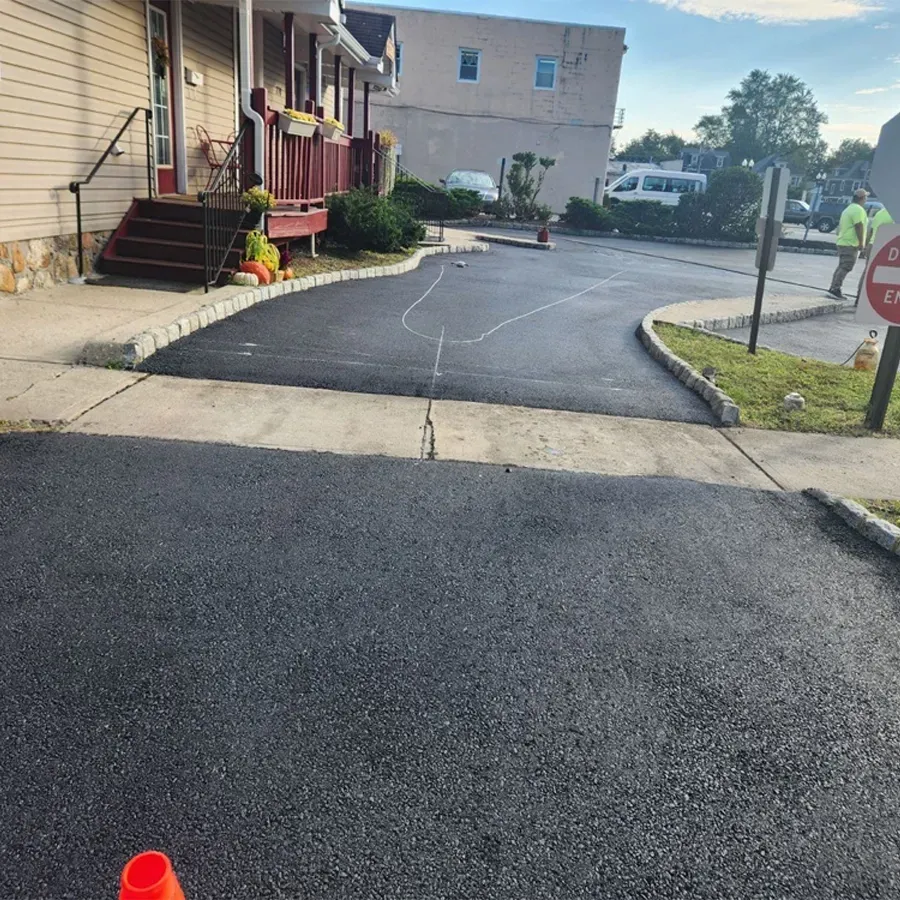
Asphalt Direct Paving offers blacktop asphalt paving for driveways, parking lots, roadways, and more throughtout Morris County, Somerset County, Essex County, and Union County, New Jersey.
Share On
